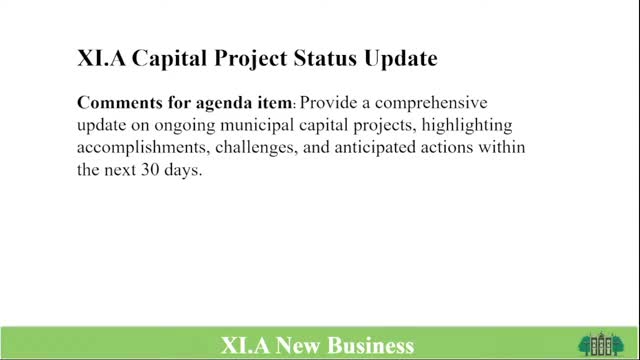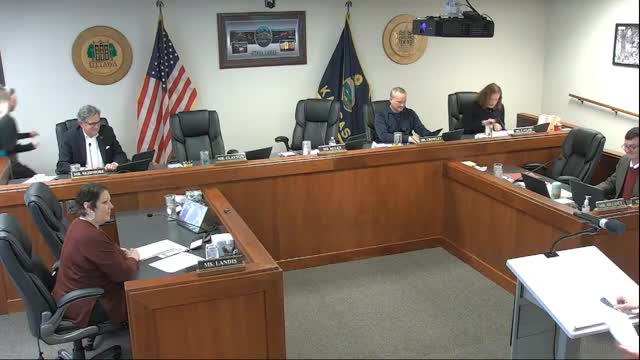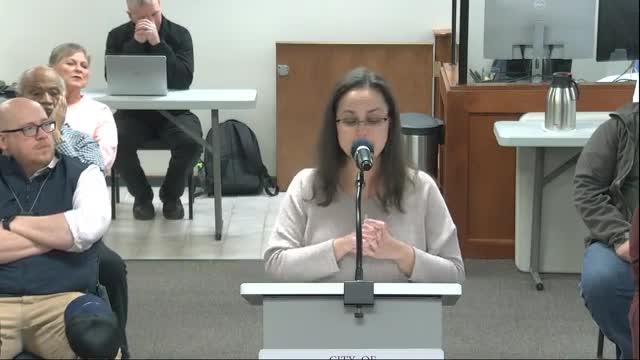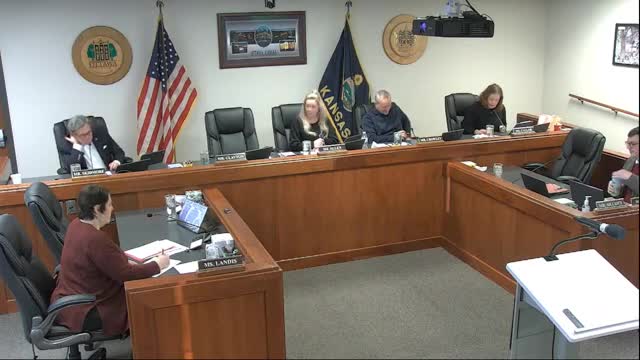Article not found
This article is no longer available. But don't worry—we've gathered other articles that discuss the same topic.

City manager updates commission on water-tower delays, meter replacements and airport funding; federal funds included in project mix

‘Trash talk’: Franklin County history presentation traces Ottawa’s 19th–20th century sanitation challenges

Ottawa City Commission issues proclamations for Kansas Day, Black History Month and Human Trafficking Awareness; honors local officer

